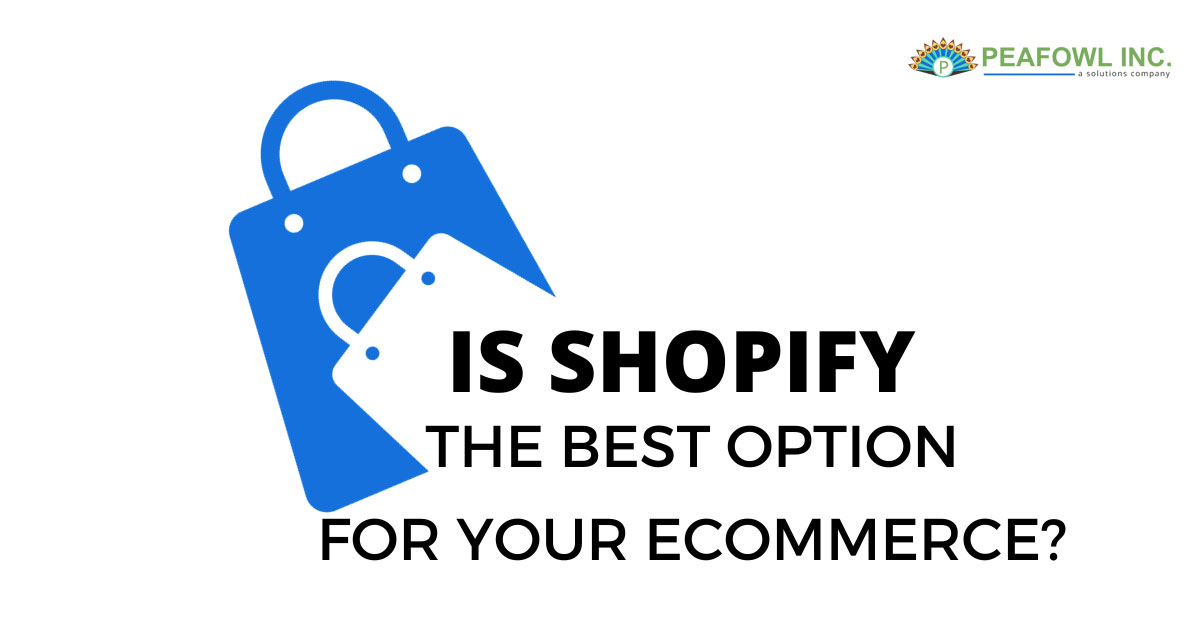Is Shopify the Best Choice For Your E-Commerce?
Shopify allows sellers to create custom e-commerce easily, quickly, and without web programming. This content management system was created to help businesses achieve digital transformation and sell their products online. But is this effective and profitable for all companies? The decision to implement your e-commerce on Shopify or not will depend, among other things, on the growth expectations and profit margin determined by your pricing strategy. For you to see more clearly, Minderest details the advantages and disadvantages of this Platform.
Benefits of Shopify
Shopify has over 1.7 million businesses worldwide that trust it to create and manage their online businesses. In 2020, Platform saw significant growth in its business and signed deals with major tech companies such as Instagram. This makes it a very reliable sales channel.
Shopify manages orders flexibly and quickly, ensuring user peace of mind and brand productivity. In addition, all subscriptions, even the cheapest of all, for which sellers pay a monthly payment of $29/month, allow publishing an unlimited product catalog that includes an infinite number of categories.
On a technical level, this CMS also provides e-commerce with the following advantages:
- Includes hosting of an online store.
- It has its payment gateway: Shopify Payments.
- It includes an app store that allows you to get new e-commerce features, such as automatic translators or product managers.
- Enable a Secure Web Certificate for each store for free.
On the other hand, for businesses that need it, Shopify has tools to implement email marketing campaigns or drive sales on social networks.
Disadvantages of creating an e-commerce on Shopify
Limited payment terms: The consumer shopping experience is affected by inefficiencies in Shopify’s checkout process, which does not allow for significant brand customization. This can lead to reduced on-page optimization and even lead to cart abandonment.
Sales commissions: In addition to the monthly payments, commissions must be paid for specific transactions determined by the payment method chosen by the sellers. For example, the Platform Platform charges additional fees for payment by credit card and each transaction made with a third-party payment service provider.
Poorly Optimized Blog: Although Shopify can create a blog for every e-commerce business, there are other strengths than this. This will complicate the SEO optimization task for a store that wants to increase online traffic.
Proprietary Software: Shopify does not have free code, which does not make it easy for users to customize the web page directly. To do this, it is necessary to purchase a new service package.
Based on these pros and cons, you can choose to use Shopify or create your online store from scratch with the help of professionals at Peafowl INC. This decision is also influenced by the market you are targeting and the competition there. In more competitive markets, choose your e-commerce business outside of Shopify to differentiate yourself from the crowd and attract the attention of potential customers. When in doubt, start monitoring your competitors, their distribution channels, and their prices. This information can make your decision easier.








